Description
This coffee is produced by small legacy farmers in the high mountains of Yemen’s northwestern Sa’adah Governorate, who together comprise a grower coalition called the Khulani Coffee Society for Agricultural Development (KCSAD). KCSAD brings together farmers from across the Sa’adah districts of Saqayn, Haydan, Ghamr, Razih, Monabbih, and Majz. The core aim of KCSAD is to inspire more ambitious farm investments and quality standards in harvest and post-harvest alike.
Coffee-growing families in this part of Yemen, similar to many others across the country, tend parcels of terraced land passed through many generations. Coffee is the one crop that continues to survive all others, both for the livelihood it provides as well as a being a deep social tradition that keeps communities together. “Khulani” is a term of terroir distinction, similar to “Kona”, that refers to high-quality heirloom coffee varieties produced in the unique climate and soil of Yemen’s northern ranges. Khulani coffee is widely regarded in Yemen as one of its best and most historic. All Khulani coffee is processed as a natural: hand-picked, sorted for consistency, and dried in a single layer in full sun on raised beds or rooftops.
Tasting Notes: A very nice darker toned Yemeni cup. Lower acidity with hardly any soft fruit tones. Medium to dark roast fits these beans best. A nice medium roast is very smooth, sweet edged and rich with a bit fuller body, spice notes dominate the cup, noticeable but not over the top, sweet edged and smooth. Darker roasts were equally as nice but much stronger and semi-sweet. The exotic spice notes pop right out at the darker roasts points and comingle with more of a bakers chocolate profile with layers of smoke topping it off.
Roasting Notes: Will roast a little two toned but nothing overly challenging. Shooting for a medium to dark roast is pretty easy with them, some sheen to a spot of wet looking oil sets them up nicely. Medium to high chaff but not enough to cause issues in most roasters. A little longer setup time help smooth it out at darker roast points.
Yemen is the oldest territory on Earth to cultivate coffee. Its seed stock, originally transported from wild arabica landraces in Ethiopia, was used to create the world’s first ever coffee farms where coffee would be grown commercially for trade across the Arabian Peninsula and eventually mainland Europe. (“Arabica” itself referred to the Arabian coffee supply that was the West’s first in history.) Maintaining coffee trees in a climate as dry, high, and uniquely challenging as Yemen’s western and northern ranges, requires the kind of proven techniques that only generations of farming can bestow.
Pearl of Tehama, the miller and exporter of KCSAD’s coffee, is a family business founded in 1970. For many years, all coffee was exported under the name of the family patriarch and founder, Ali Hiba Muslot. After his death in 1980 his three sons continued using the family name until 2012, when the family business, including other trades and retail, was split up. The coffee export business was reborn as Pearl of Tehama for Import, Export, and C.A.S, and is still owned by Ms. Fatoum Muslot, the late Muslot’s daughter. Fatoum’s eldest son, Yasser Al-Khaderi, is the company’s general manager.

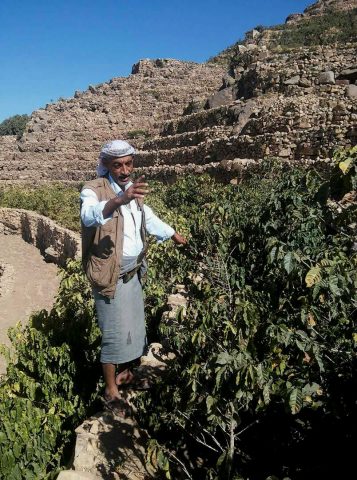
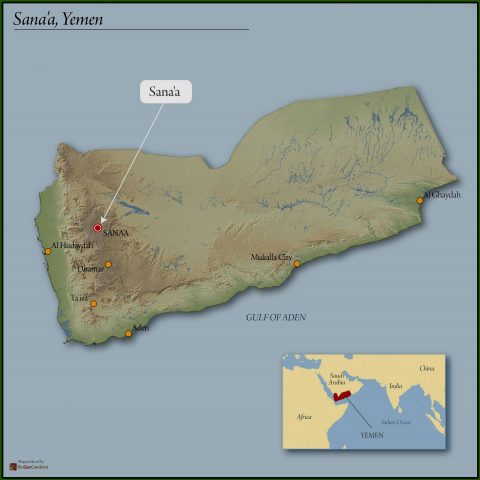
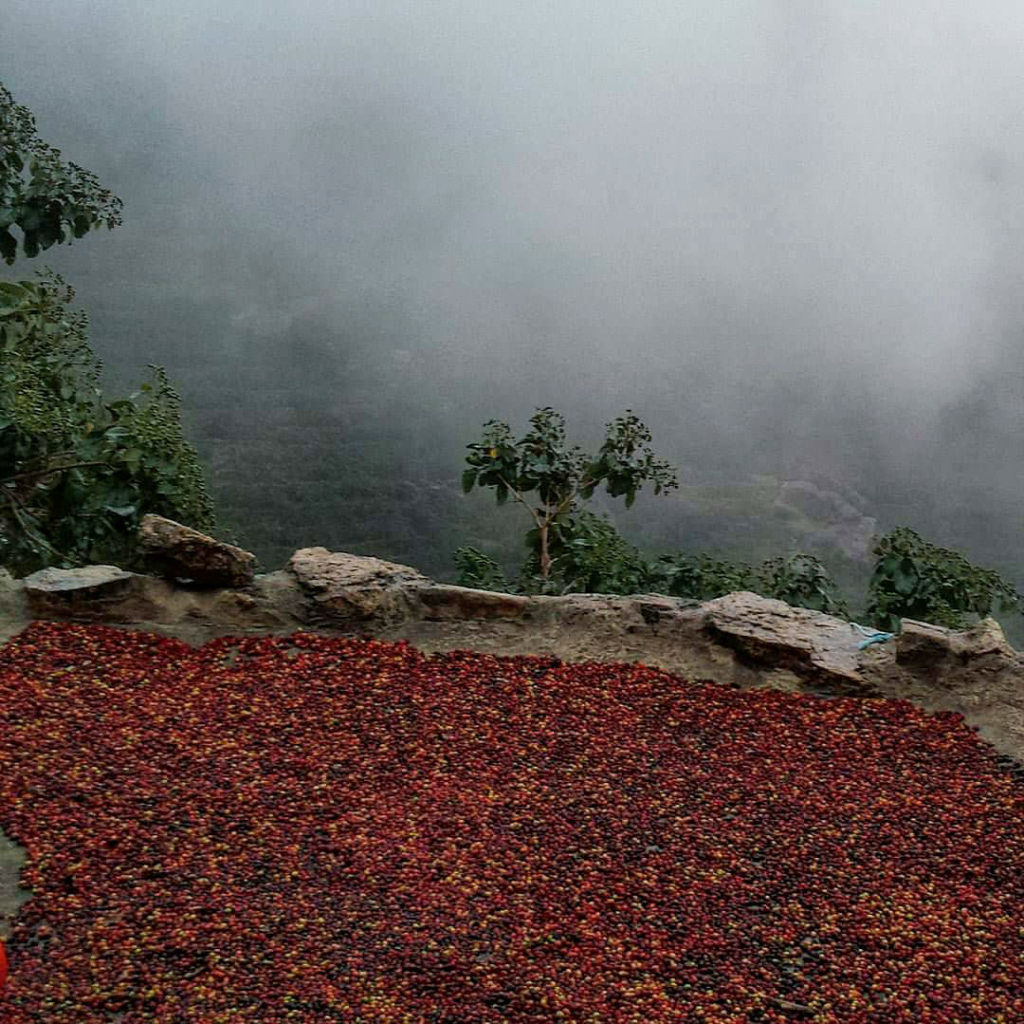
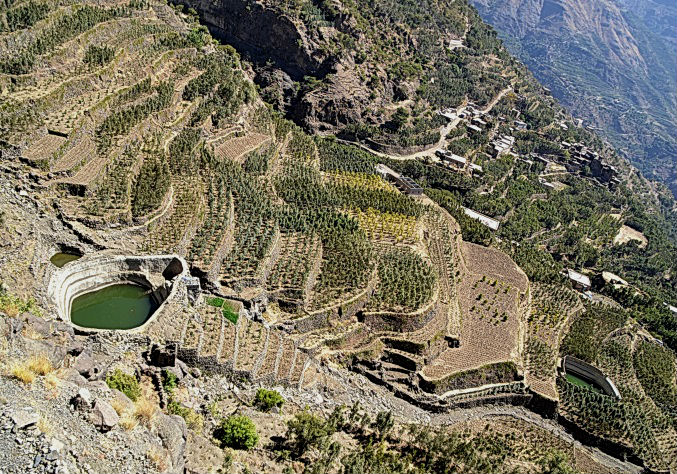

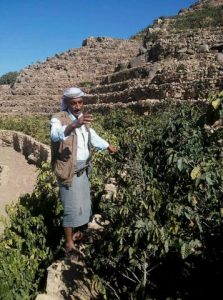
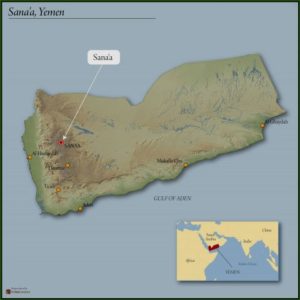
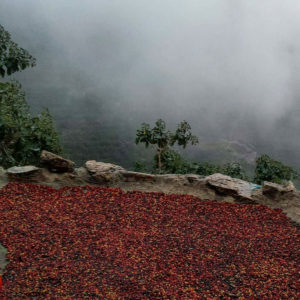
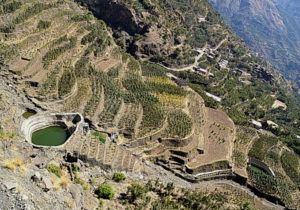
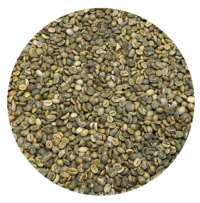

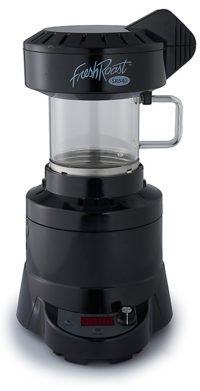
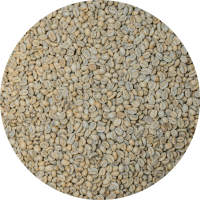

Reviews
There are no reviews yet.